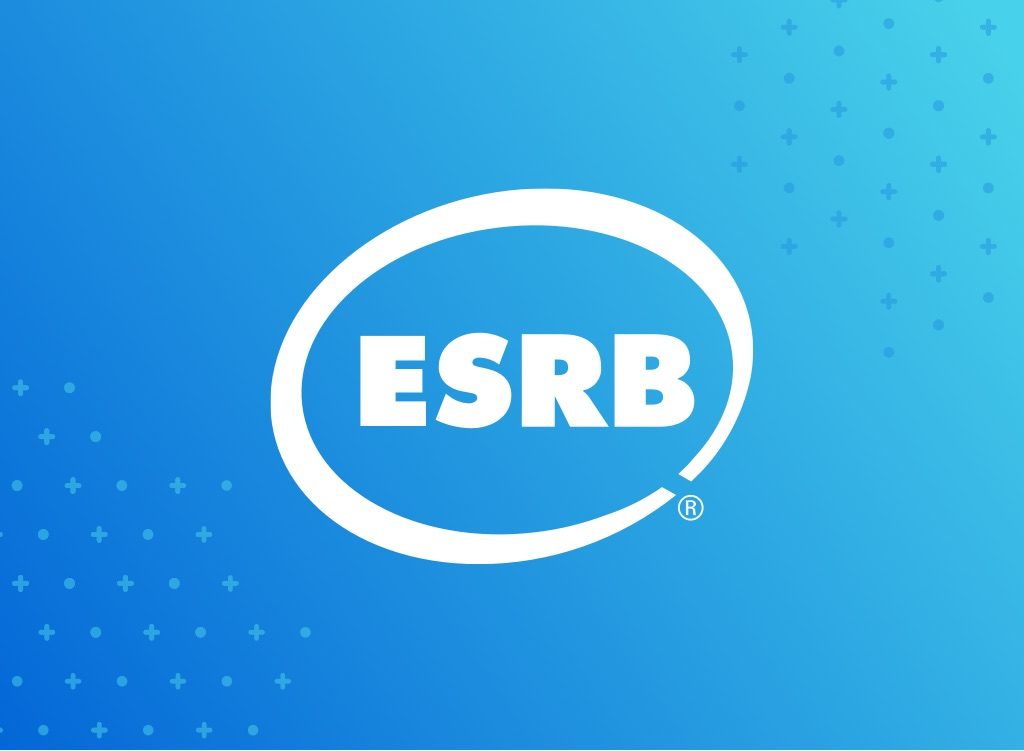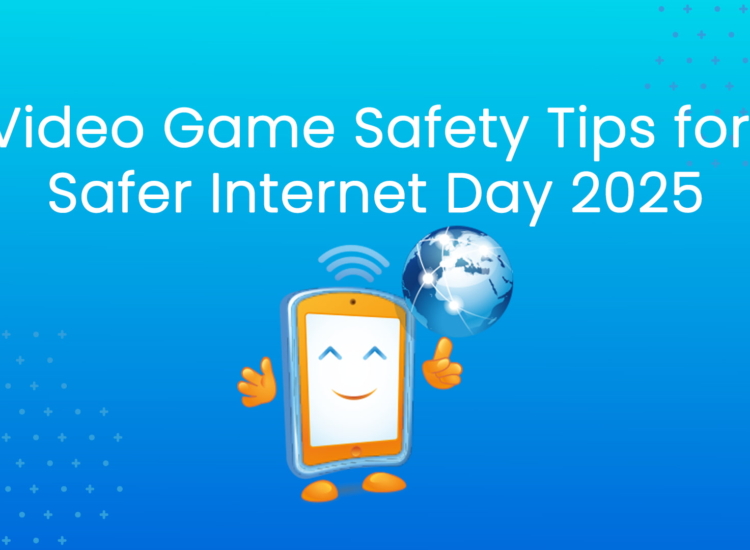Delaware State Representative Helene Keeley And State Senator Bethany Hall-Long Team Up For Holiday PSA Campaign On Video Game Ratings

New Ads Encourage Parents to Use ESRB Ratings to Choose Age-Appropriate Games for their Families
DOVER, DE – In time for the upcoming holiday shopping season, State Representative Helene Keeley and State Senator Bethany Hall-Long today announced the launch of a new Public Service Announcement (PSA) campaign that explains and encourages parents to use video game ratings, which are assigned by the non-profit Entertainment Software Rating Board (ESRB). In a new series of mall and radio ads, Keeley and Hall-Long urge parents to check the ESRB rating each time they purchase or rent a video game to ensure that it is appropriate for their children and family.
“As a parent, I know it can be difficult to stay on top of all the media to which our children may be exposed these days, but with video games parents have it easy,” said Senator Hall- Long. “The ESRB ratings on video games give guidance about content and age- appropriateness, and make it simple for a parent to decide whether a game is right for their child. I‟m proud to be educating parents in Delaware about these tools and encouraging that they use them each time they buy or rent games.”
“Video games can be great entertainment for the whole family, but just like movies, some games are created and intended for an older audience. It‟s important for parents to be involved in and informed about the games their children play, and to that end the ESRB ratings are an excellent resource for parents,” added Representative Keeley. “Just as parents have a role to play, retailers do as well. Virtually all video game retailers have voluntary store policies restricting the sale of Mature-rated games to anyone under the age of seventeen. Parents can show their support for companies that have and enforce these policies by shopping for games at those stores.”
The new PSA campaign includes print, radio and retail components. Print ads (images attached) will appear on kiosks in Christiana and Dover shopping malls from October through December, when holiday shopping will be at its peak. Radio ads have been distributed to 11 broadcast radio stations in Delaware and will also be airing concurrently with the gift-buying season. Finally, the ESRB is distributing a ratings education brochure to participating retailers throughout the state to educate consumers at the point-of-sale about the ESRB rating system.
“The holidays are an opportune time to reach parents about using the ratings to make sure they are bringing home age-appropriate games for their children,” said ESRB president Patricia Vance. “ESRB provides resources like ratings and rating summaries to make sure parents are armed with the information they need to make informed choices, and we sincerely appreciate the support of Representative Keeley and Senator Hall-Long in reaching out to Delaware‟s parents with this important and timely message.”
The ESRB video game ratings employ a two-part system. Rating symbols on the front of virtually every game package sold at retail provide an age recommendation, and content descriptors, listed on the back next to the rating symbol, provide information about what‟s in the game that may have triggered the rating or may be of interest or concern to parents.
As a supplement to rating information, the ESRB now offers rating summaries, which provide a more detailed explanation of the context and relevant content that factored into a game‟s ESRB rating assignment. Parents can find rating summaries before they go to the store by searching game titles on ESRB‟s website at www.esrb.org, using ESRB‟s rating search widget, or signing up for a free e-newsletter called ParenTools which provides a list of recently rated titles complete with rating summaries customized to their preference of rating categories and game platform. A mobile website at m.esrb.org allows parents to search for rating summaries on their cell phones right from the store when trying to make a purchase decision.
Since their inception in 1994, the ESRB ratings have become a trusted resource for parents when choosing computer and video games. In April 2007, the Federal Trade Commission (FTC) released a report1 which found that nine in ten parents are aware of the ESRB ratings, 87% expressed satisfaction, and nearly three quarters use them regularly when choosing games for their children. In May 2008 the FTC conducted its most recent mystery shopper‟ survey2 finding that only “20% of underage teenage shoppers were able to buy M-rated video games, a major improvement from all prior surveys, and down from 42% in 2006.”
A complete list of ratings, content descriptors and their definitions can be found on the ESRB website at www.esrb.org.
-30-
About Entertainment Software Rating Board (ESRB)
The ESRB is a non-profit, self-regulatory body established in 1994 by the Entertainment Software Association (ESA). ESRB independently assigns computer and video game content ratings, enforces advertising guidelines, and helps ensure responsible online privacy practices for the interactive entertainment software industry. Visit www.esrb.org for more information.
1Federal Trade Commission Report to Congress on the Marketing of Violent Entertainment to Children, April 2007
2Federal Trade Commission “Mystery Shop” survey, May 2008
Contact:
Eliot Mizrachi
emizrachi@esrb.org
917.522.3235



